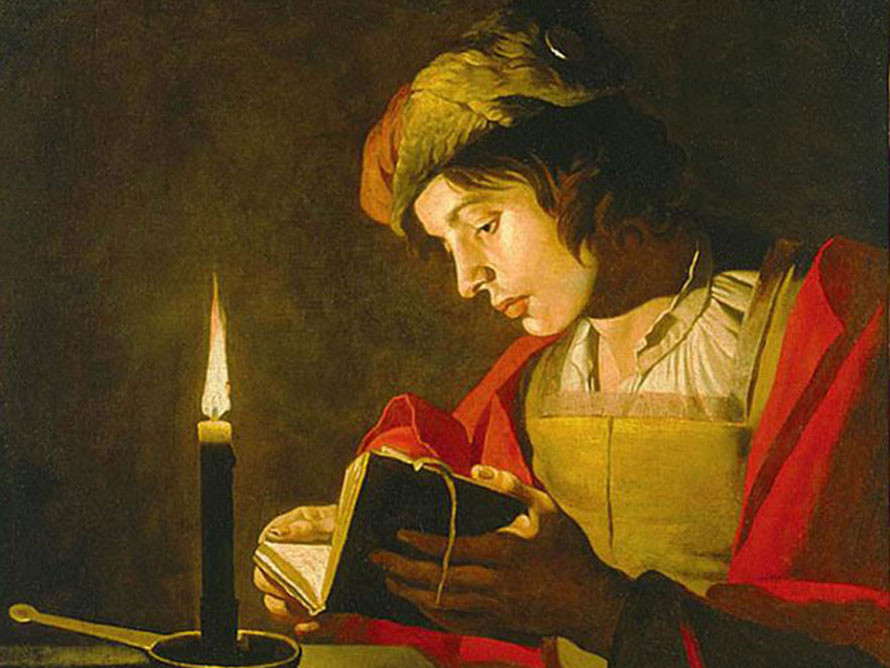Could we live without books? The number of people who read for enjoyment is collapsing across the developed world. Some think we are on the threshold of a “post-literate society”.
Growing signs of ‘death of reading’
 By candlelight: A modern update to Dutch artist Matthias Stom's 1630 painting might show the young man scrolling on his phone, lit only by the white light of the screen.
By candlelight: A modern update to Dutch artist Matthias Stom's 1630 painting might show the young man scrolling on his phone, lit only by the white light of the screen. Glossary
Mesopotamia - A historical region of the Middle East, mostly centred on modern-day Iraq, Kuwait and parts of Syria and Turkey. The name "Mesopotamia" in Greek means "between rivers" because of the Tigris and Euphrates that run through it.
Mayans - A complex civilisation that lived in modern day Central America from around 2000 BC. Eventually ruined by famine and conflict, the last Maya city was conquered by Spain in 1697.
Hieroglyphs - The ancient Egyptian writing system developed from pictograms to abstract shapes. It is the ancestral writing of most modern scripts, including English, Russian and Arabic.
Illiterate - Being unable to read or write.
Literacy - The ability to read and write.
Middle Ages - The Middle Ages was the period in European history that came between ancient and modern times. It lasted from about 500 to about 1500.
Printing press - The first movable type printing press was built in Germany by Johannes Gutenberg. The first major printed work was the Gutenberg Bible.
Autodidacticism - The practice of self-learning, without the help of teachers.
Elite - The richest, most powerful, best-educated or best-trained members of society.

